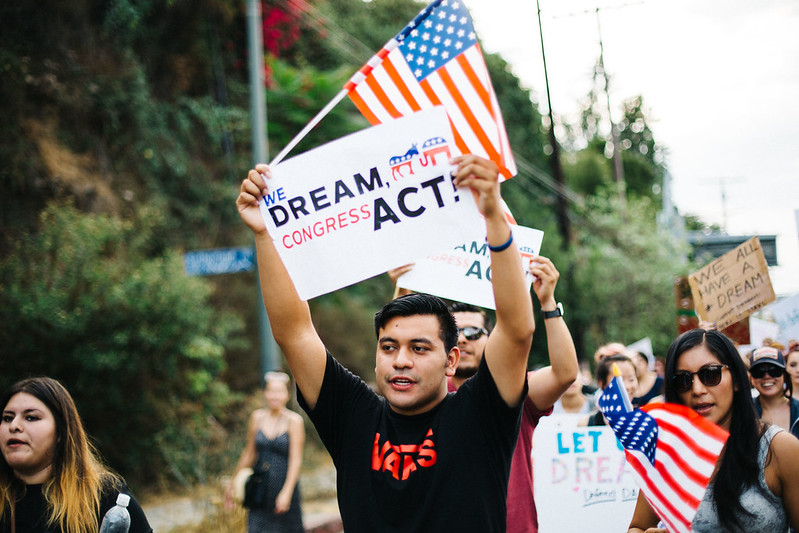U.S. Congresswoman Sylvia Garcia of the state of Texas is leading a renewed push to create a pathway to citizenship for Deferred Action for Childhood Arrivals (DACA) recipients. Currently, DACA recipients are allowed to renew their DACA benefits but the future of the program remains uncertain.
Following a meeting with the Congressional Hispanic Caucus, Garcia urged President Trump to work with lawmakers on passing the American Dream and Promise Act. This piece of legislation was originally introduced in 2021 and was refiled in 2023, but the bill failed to gain approval from lawmakers.
The bill would give 10-year conditional permanent resident status to qualifying individuals who entered the United States as minors. Eligible candidates must pass background checks, prove that they have continuously lived in the U.S. since 2021, and be enrolled in school or have graduated. Among those who would benefit are those who are deportable or inadmissible, have deferred enforced departure, temporary protected status, or are children of “certain classes of nonimmigrants.”
As of September 2024, there were roughly 538,000 DACA beneficiaries in the United States. Another 3.6 million arrived in the U.S. as children but do not have protections. The Trump administration has remained largely silent on how it will approach the DACA program.
As we watch closely for more concrete developments, we encourage DACA recipients to meet with their attorneys to discuss potential legal avenues. These include employment-based non-immigrant visas, 245(i) eligibility for adjustment of status for those who qualify, and other screening.
 Visa Lawyer Blog
Visa Lawyer Blog













